Optimal Seasons for Roof Flashing Installation
Proper timing for roof flashing installations is essential to ensure durability and effective sealing. Weather conditions significantly influence the quality of installation, with ideal periods avoiding extreme temperatures, heavy rain, or snow. Typically, mild and dry seasons provide optimal conditions for installation work.
Late spring and early fall often offer the best weather conditions for roof flashing work, with moderate temperatures and low precipitation.
Extreme cold can cause materials to become brittle, while excessive heat may affect adhesive performance. Rain and snow can delay or compromise the process.
Monitoring weather forecasts ensures installations are scheduled during periods with minimal risk of weather disruptions, enhancing longevity.
In regions with mild winters, installations can be performed year-round, but in colder climates, late spring through early fall is preferred.
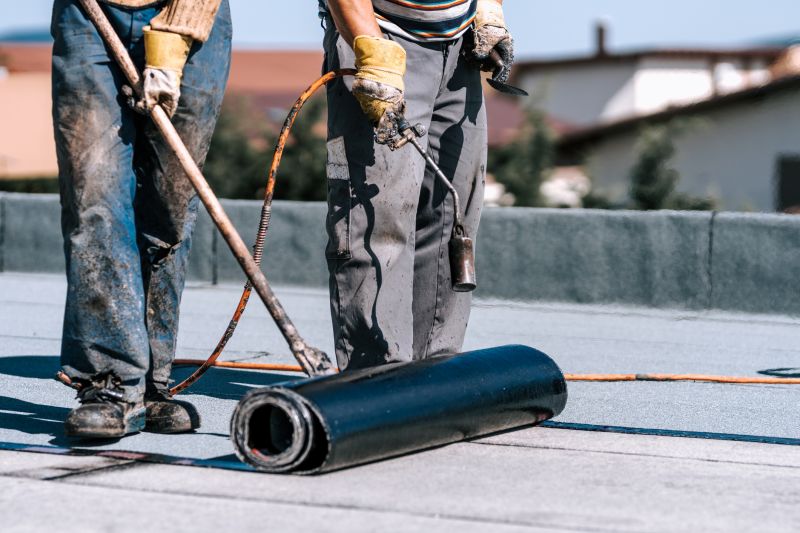
Installation during mild weather ensures materials adhere properly and reduces the risk of weather-related issues.
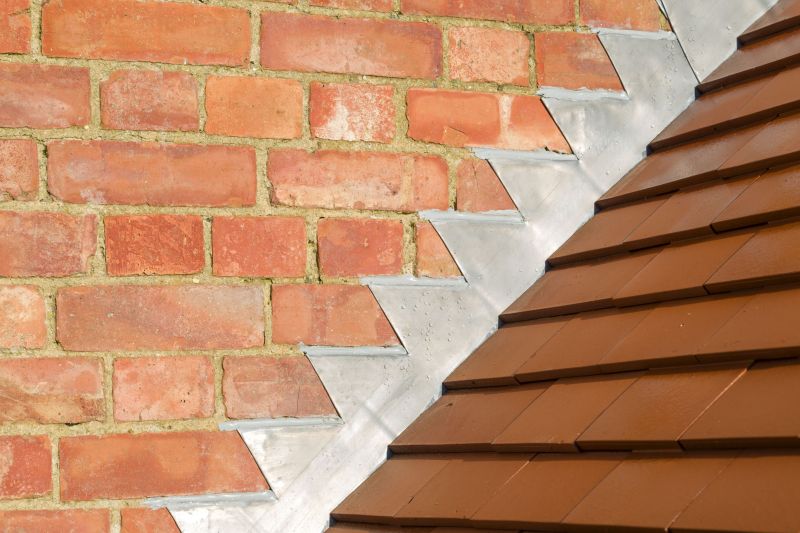
Dry seasons provide optimal conditions for sealing and fastening roof flashing components.
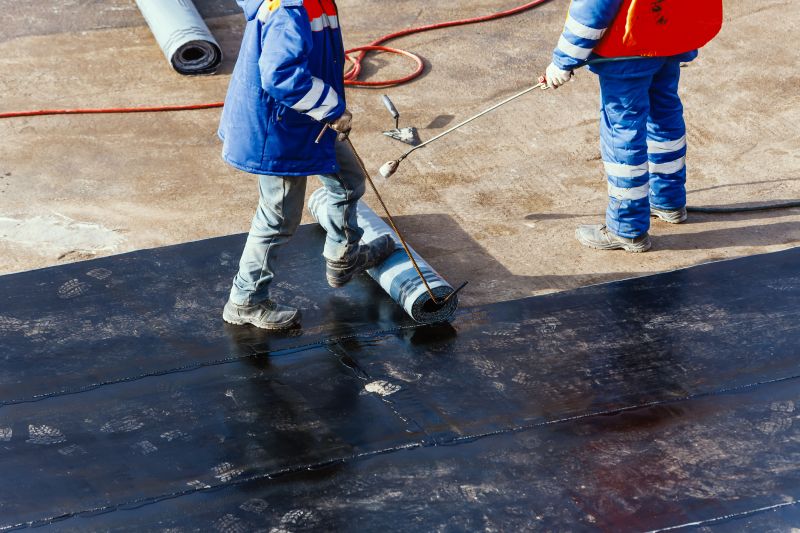
Special techniques and materials are used for roof flashing in colder regions to prevent cracking and leaks.
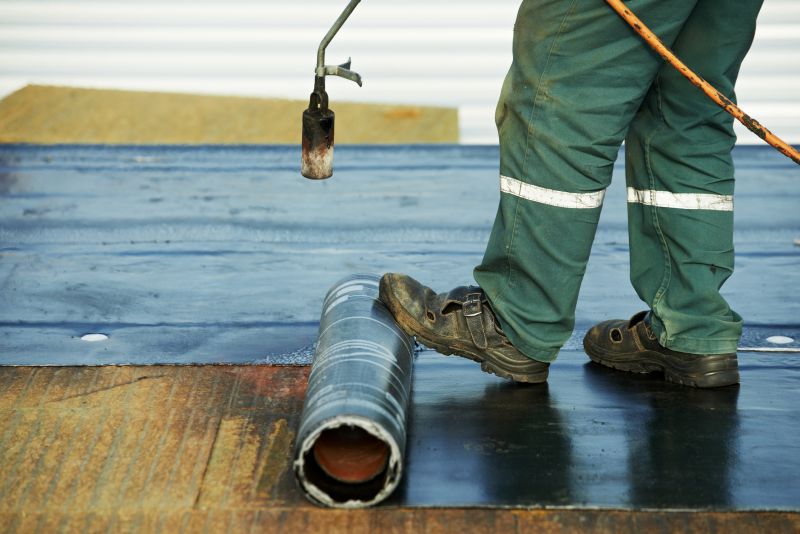
Warm weather allows for easier handling of materials and better adhesion of flashing components.
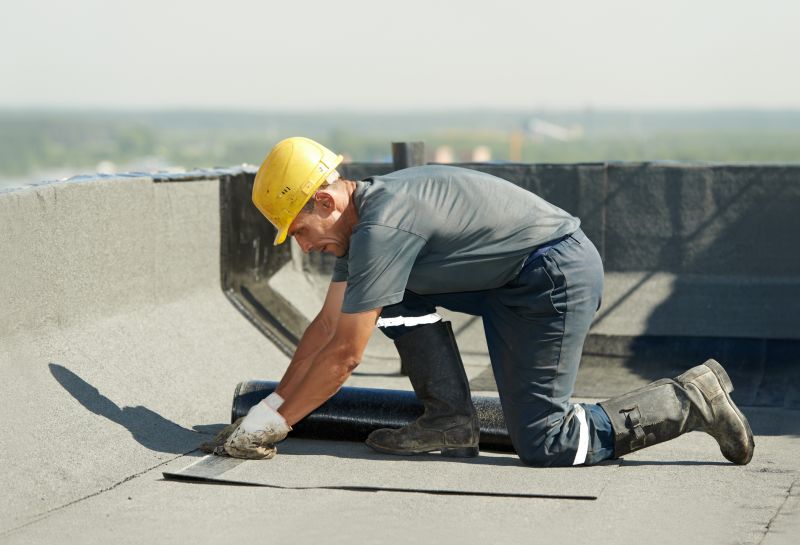
Ways to make Roof Flashing Installations work in tight or awkward layouts.
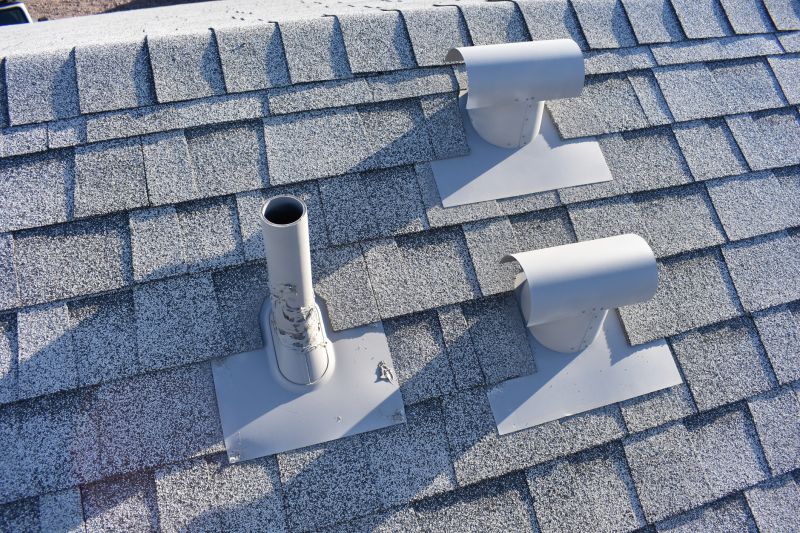
Popular materials for Roof Flashing Installations and why they hold up over time.
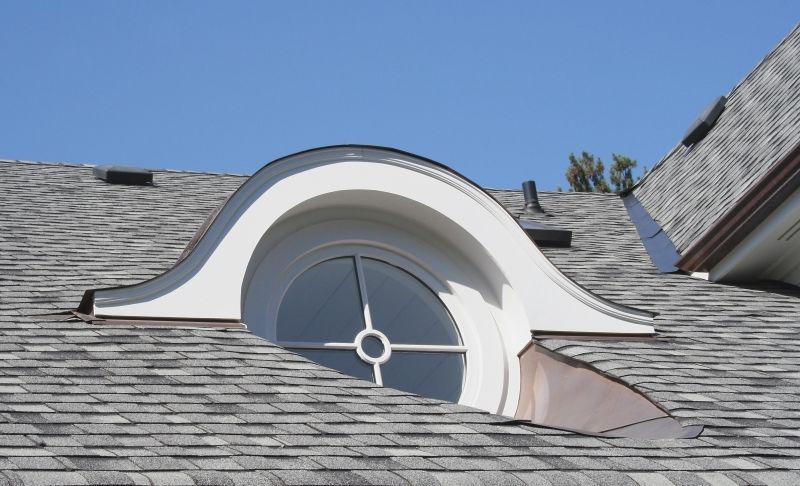
Simple add-ons that improve Roof Flashing Installations without blowing the budget.
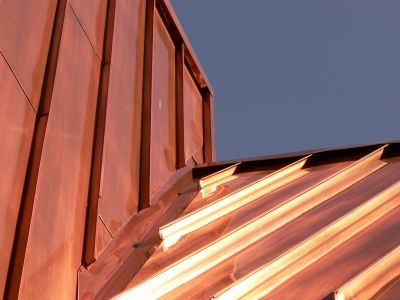
High-end options that actually feel worth it for Roof Flashing Installations.
| Season | Advantages |
|---|---|
| Spring | Moderate temperatures, low precipitation, ideal for installation. |
| Summer | Long daylight hours, good weather, but watch for extreme heat. |
| Fall | Cooler temperatures, dry conditions, suitable for installation. |
| Winter | Potentially challenging due to cold and snow, suitable in mild climates. |
Roof flashing is a critical component in preventing water intrusion and protecting the structural integrity of a building. Proper installation involves precise placement of materials around roof penetrations, valleys, and edges to direct water away from vulnerable areas. Advances in materials and techniques have improved the lifespan of roof flashing, with proper timing and weather considerations playing a vital role in installation success. Statistics indicate that correctly installed roof flashing can extend roof life by several years and significantly reduce the risk of leaks and structural damage.
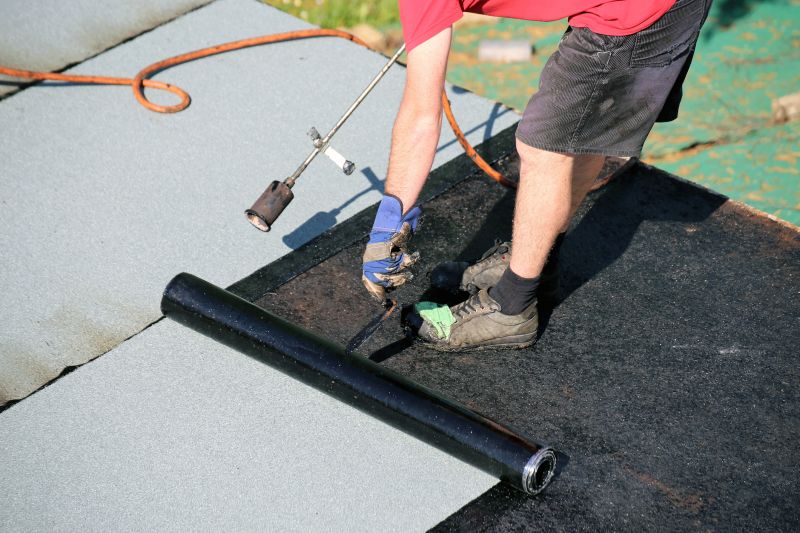
Detailed installation of flashing around roof penetrations ensures effective water sealing.
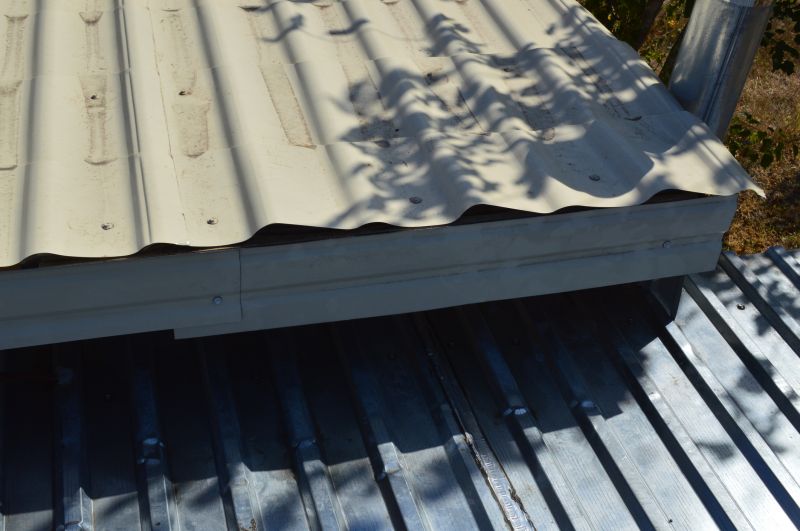
Properly installed flashing enhances the roof's durability and prevents leaks.
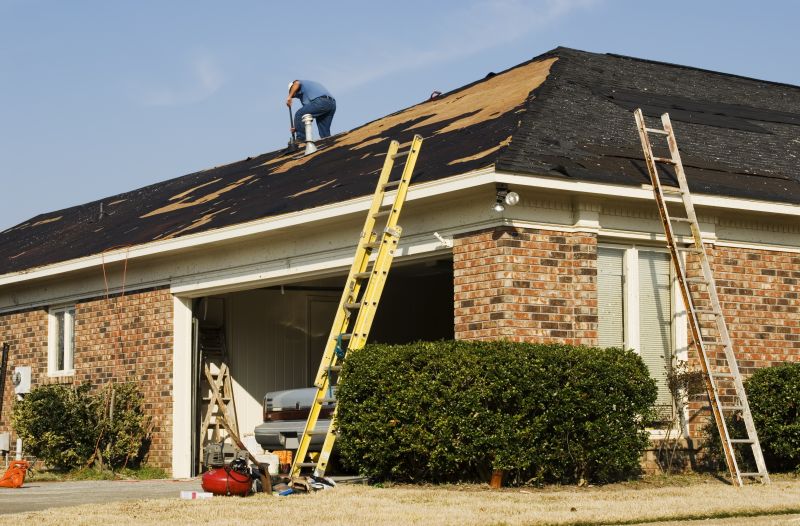
Timely repairs of damaged flashing prevent costly water damage.
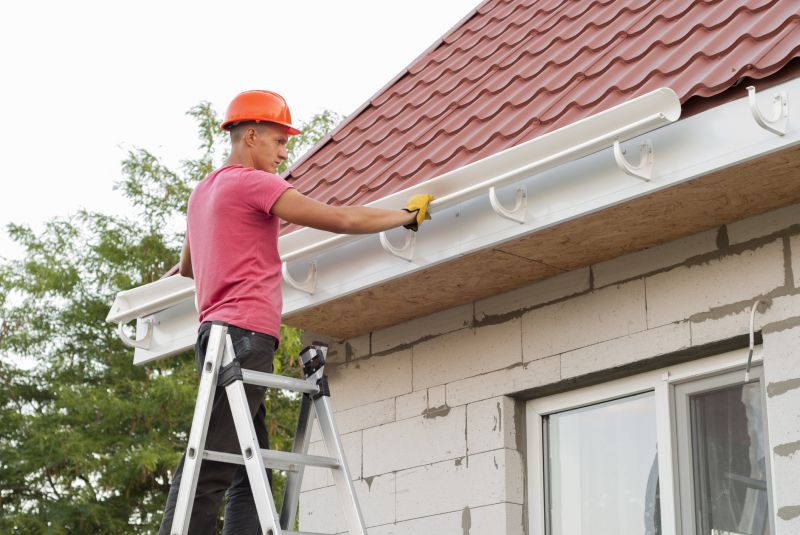
Installation of new flashing components improves roof performance.
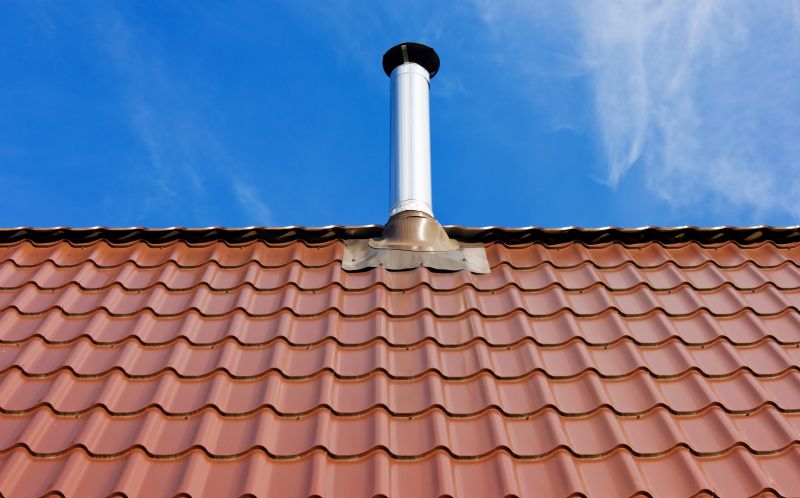
Finishes and colors that play nicely with Roof Flashing Installations.
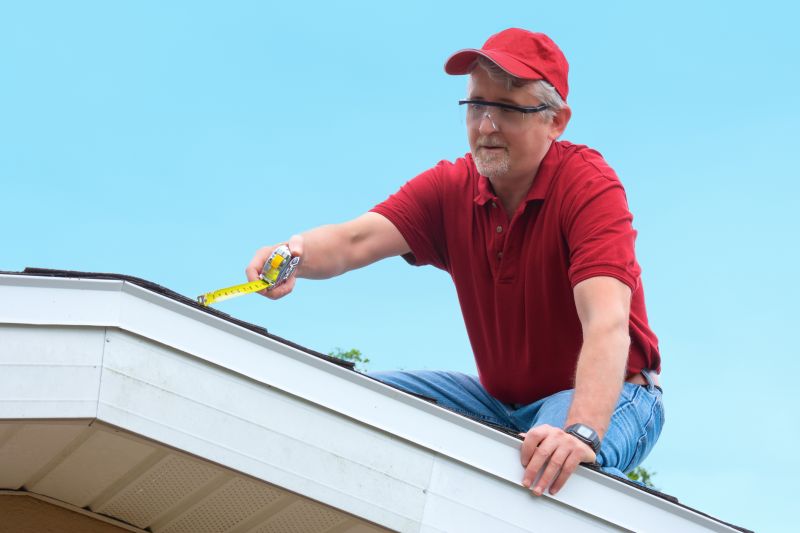
Little measurements that prevent headaches on Roof Flashing Installations day.
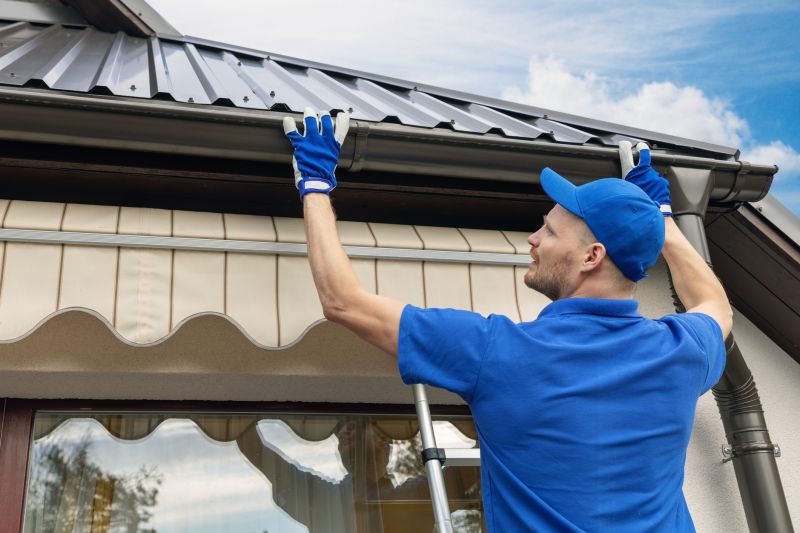
A 60-second routine that keeps Roof Flashing Installations looking new.
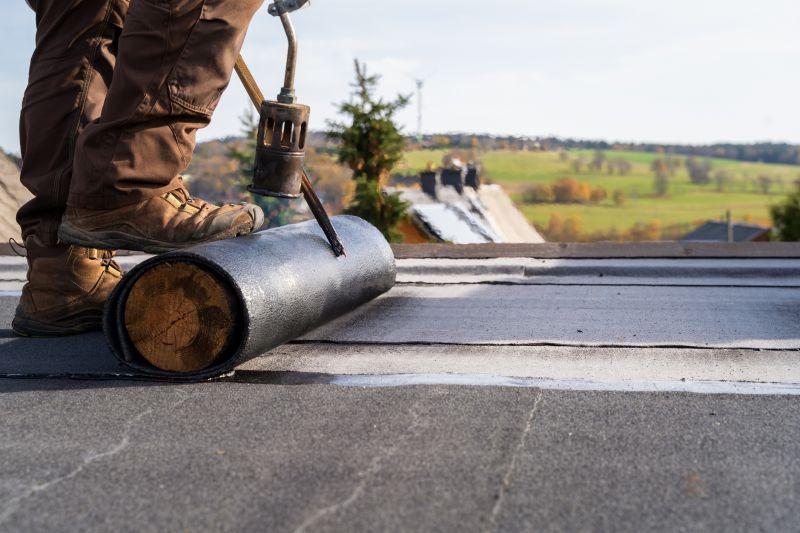
A frequent mistake in Roof Flashing Installations and how to dodge it.
Interested in roof flashing installations? Filling out the contact form can provide more information and help schedule services during the optimal season for your location.



